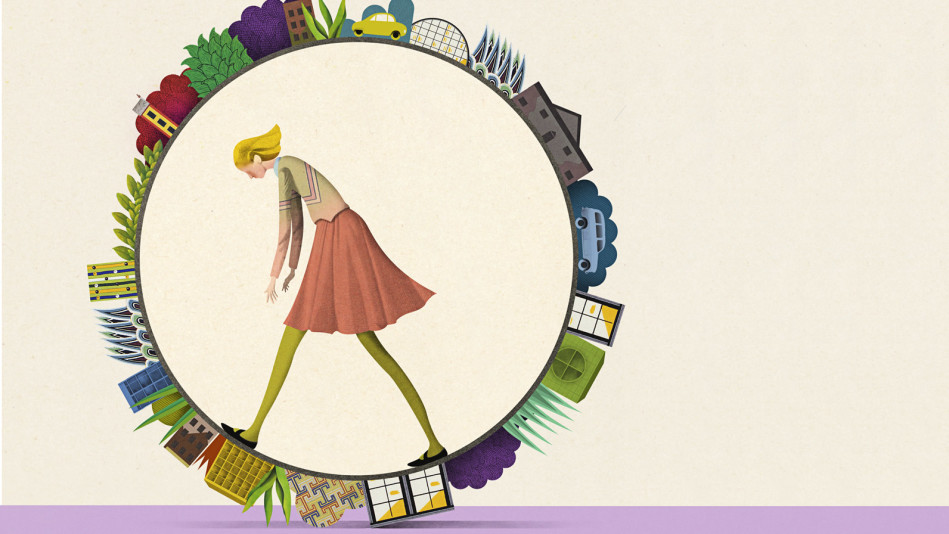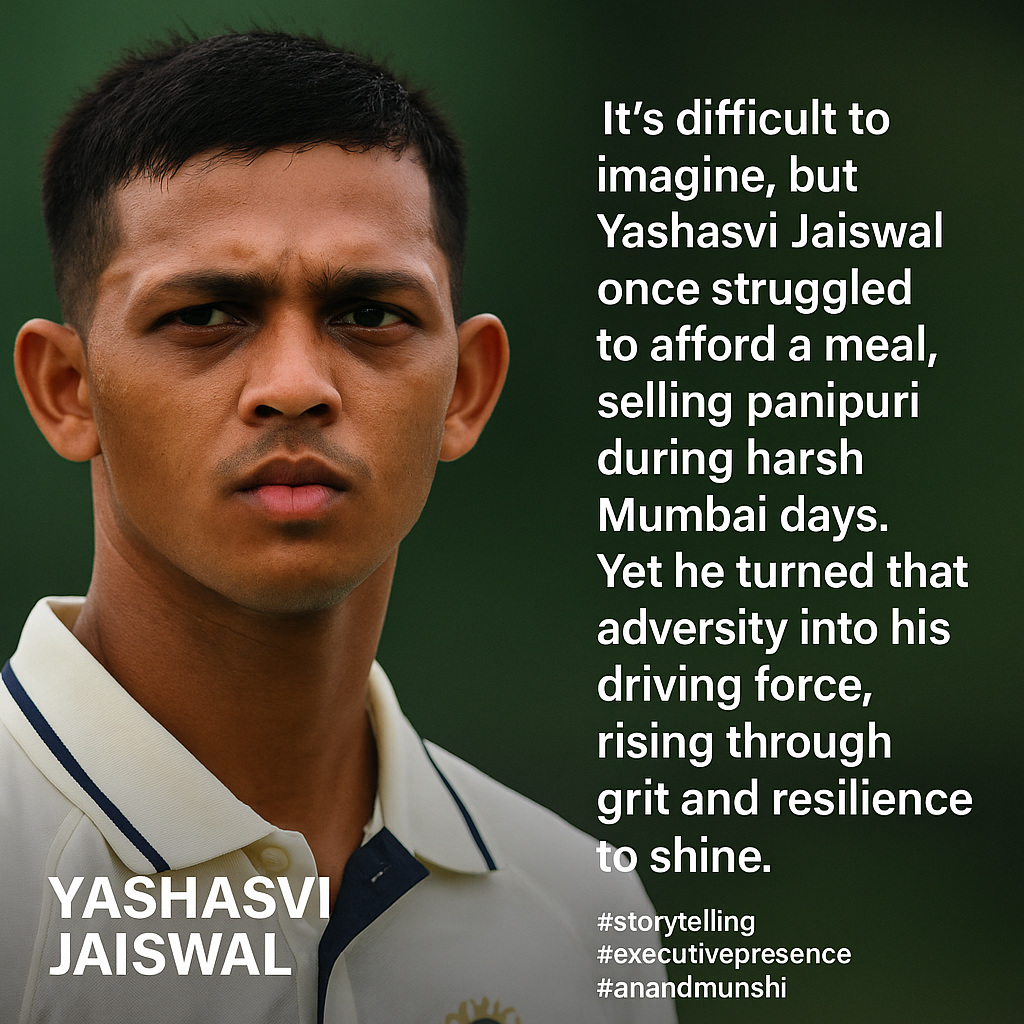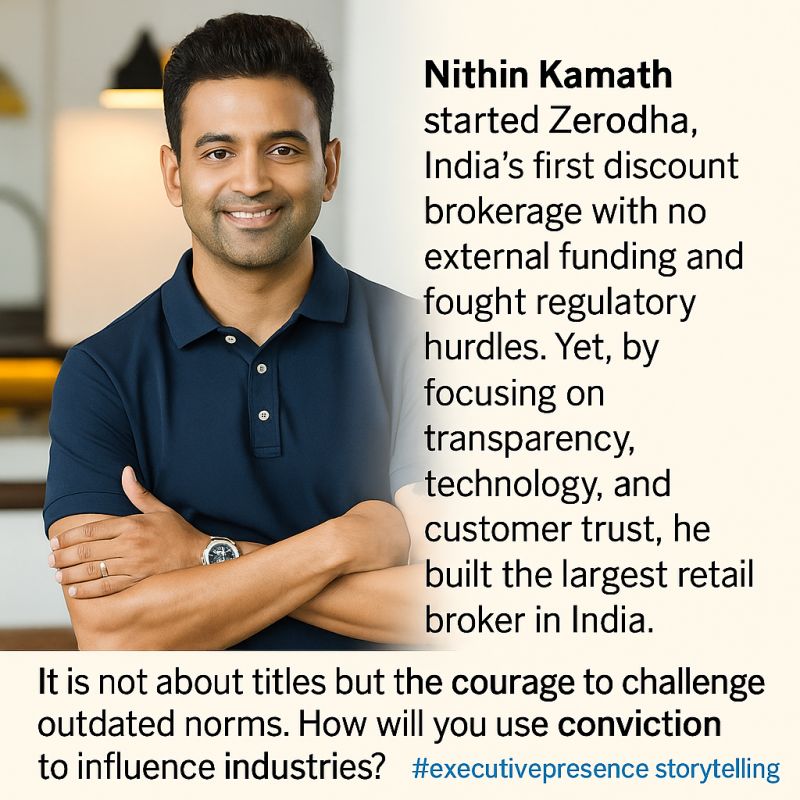[vc_row][vc_column][vc_empty_space height=”375px” css=”.vc_custom_1557560749481{background-image: url(https://anandmunshi.com/wp-content/uploads/2019/05/101.jpg?id=4752) !important;background-position: center !important;background-repeat: no-repeat !important;background-size: cover !important;}”][vc_column_text]
Imagine one day your child came running to you after her school, she was very happy and excited to share that she scored 8 marks out of 10 in her class test. There was proud feeling on her face and she was also expecting that you too would be proud to know of her progress because last time she scored only 6 marks. She was hoping to get few words of appreciation from you but instead of that you asked the most insulting and poisonous question that any parent could ask, “How much your friend Ruchi got scored?” Without thinking too much she said Ruchi got 9. Not realizing that your face would come down once you know that your daughter’s friend has performed better than her. Still your child is busy enjoying her proud movements of achievement but little she knew that her parents got stung by a serpent called comparison. Instead of first appreciating her progress they felt sad and even worried why her friend got more marks. And then you start to realize why his child is not as sharp and intelligent as Ruchi? Welcome to the competitive world.
Can we as parents learn to motivate our children without comparing them with better performing children?
Encouraging children especially when they are less than ten years of age builds their confidence that also gradually improve their performance in different areas of life. But unjustified and untimely comparison of your kid with other better performing children especially with their own siblings or neighborhood children make them grow with lot of negative feeling and hatred towards themselves and also with others.
Because comparison is done to establish who is better and it is too much for an innocent mind of tender age to respond positively to such harsh behavior. In fact most of time they are confused and feel lost as why their parents don’t let them grow in a more positive way.
Comparison in the competitive world is required but when comparison starts too early in the life of children it breaks their confidence because they were constantly told that there is always better child then them. It give rise to fear of failures. Fear of failures stops most adults from doing what they want to do because negative childhood conditioning doesn’t let them think big. Let each child be given their fair share of time to learn and grow. It’s OK while learning if they make few mistakes and it is also possible that other kids will do better than your kid.
Every child is different and each child is born with his or her unique skills. It is our job as parents to constantly motivate them so that they develop courage to express their true qualities.
We as parents cannot expect that our children to be genius on very first day of school and beat everyone in every competition. That is not possible at all. Such unrealistic expectations are the root cause of frustration and depression even in adults of our society.
Children should be slowly and carefully exposed to the competitive nature of the world. Encourage them to keep on improving their previous best.
Let they just compete with themselves first, for example, tell them last time you scored 7 out of 10 this time you can try to get more. This simple technique will make them grow emotionally strong and eventually they’ll be happily competing with others as by now they’ve grown matured enough to accept the realities of competitive world.
[/vc_column_text][/vc_column][/vc_row]


















